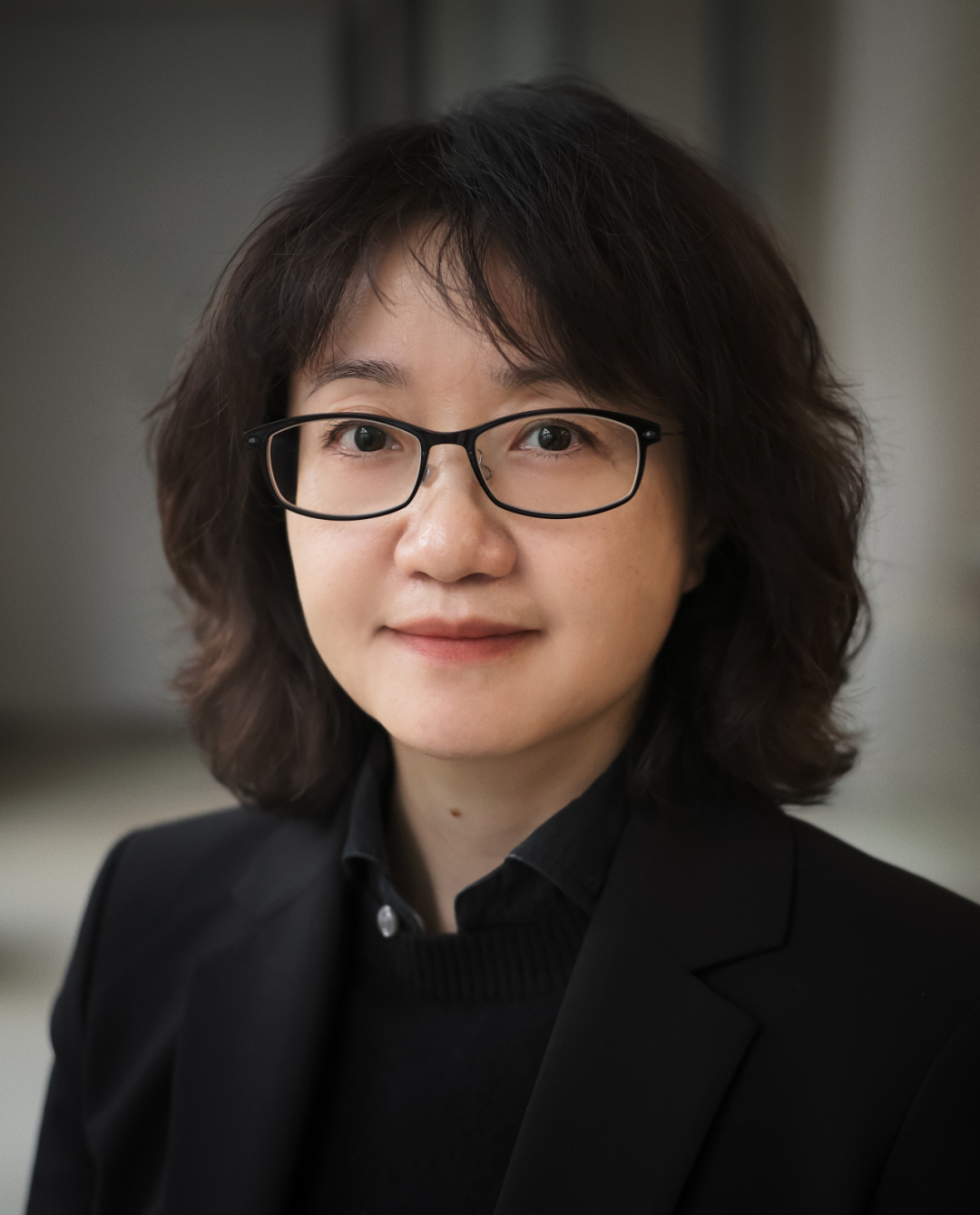
BACKGROUND
As generative AI rapidly reshapes our understanding of the urban world from mobility optimization and environmental monitoring to plans and design automation new interdisciplinary frameworks are urgently needed. Building on the success of the 2024 event, the College of Architecture and Urban Planning (CAUP) at Tongji University will initiate and host the second AI4CITY Conference and the inaugural AI4CITY International Summer Workshop in July 2025, in collaboration with the International Association for China Planning (IACP) and the World Urban Planning Education Network (WUPEN), and in partnership with a wide network of universities and institutions from around the world.
The AI4CITY Summer Workshop is the first global program to focus specifically on the integration of Artificial Intelligence and Cities. It fosters problem-driven, cross-disciplinary collaboration and encourages the use of AI as a tool for exploring “more explainable, collaborative, and sustainable” urban futures. We warmly invite outstanding scholars, senior undergraduate students, master’s students, PhD candidates , as well as early-career researchers, from both AI-related and city-focused disciplines to join us in Shanghai for this summer initiative.
INSTRUCTORS
Lan Wang,Professor, College of Architecture and Urban Planning, Tongji University
Qin Liu, Professor,College of Computer Science and Technology, Tongji University
Lu Shan, Assistant Professor, College of Architecture and Urban Planning, Tongji University
KEYWORDS
Livable environment; Solar-thermal environment; Synergistic effect; Counteraction effect; Intelligent prediction
Description
With the continuous concentration of populations in urban areas, how to create livable environments in high-density cities has become a key global issue in the development of healthy cities. Closely linked to various physical and mental health risks, the urban solar-thermal environment directly influences the quality of livable environments, and how built environments jointly influence the urban solar-thermal environment remains a core question in healthy city planning research.
This workshop aims to guide participants to collectively explore the synergistic/counteractive mechanisms through which the urban built environment affects solar-thermal environmental quality, and to achieve intelligent prediction of the comprehensive quality of livable environments. The workshop will first systematically explain the built environmental impact factors and pathways of light and thermal environments. Participants will then apply ensemble learning algorithms such as gradient-boosted decision trees (GBDT) to identify common spatial indicators affecting solar-thermal environmental quality, analyze synergistic/counteractive mechanisms, and conduct intelligent prediction of the comprehensive quality of livable environments.
Through this workshop, participants will gain a deeper understanding of the complex systemic characteristics of urban spaces, develop insights into the powerful role of AI technologies in supporting the creation of livable environments, and acquire foundational skills in applying ensemble learning algorithms to urban data analysis.
This workshop is suitable for anyone interested in advancing the integration of AI and healthy city development, particularly undergraduate and graduate students in related fields.
Requirements
Required Skills
Spatial Analysis; Statistical Analysis; Coding (Python)
Required Softwares
ArcGIS; RStudio; PyCharm
Required Hardwares
Laptop
Maximum Participants
8
Schematic of the study

Schematic diagram of research process
Instructors

Lan Wang
Professor, College of Architecture and Urban Planning, Tongji University
Professor Lan Wang is the founder and head of the Healthy City Lab and Dean of the College of Architecture and Urban Planning at Tongji University, Shanghai, China. Her research focuses on healthy city planning and design, urban development strategy and planning, and methodology and technology for urban planning.
Prof. Wang serves as Chairman of Scientific Committee of the Urban Health And Wellbeing Program of International Science Council (2023-present), Deputy Director of the China Healthy City Committee (2018-present), and Deputy Director of the Health Geography Professional Committee of the Geographical Society of China. She is also a member of the International Steering Committee of the British Healthy Cities Council and a council member of China's National Committee for Health Impact Assessment (HIA). Her research and practice won the National Excellence Urban Planning and Design Award, the Shanghai Science and Technology Award, and the China Award for Science and Technology in Construction.

Qin LIU
Professor,College of Computer Science and Technology, Tongji University
Professor Qin Liu is a doctoral supervisor at the College of Computer Science and Technology, Tongji University, and previously served as Executive Vice Dean of the School of Software Engineering, Tongji University. From 2018 to 2019, she was a visiting scholar at the Department of Biostatistics and Bioinformatics, Emory University (USA), where she initiated collaborative research in life sciences and medicine.
Her research focuses on heterogeneous data fusion, knowledge graphs, graph neural networks, and natural language processing for applications such as synergistic drug combination prediction and synthetic lethal gene pair prediction. Her work has been published in journals including Bioinformatics, BIB, JBHI, and BMC Bioinformatics. Additionally, she has extensive project experience in visual intelligent computing, particularly in image and video anomaly detection, collaborating with the smart manufacturing industry.

Lu SHAN
Assistant Professor, College of Architecture and Urban Planning, Tongji University
Dr. Lu Shan is an Assistant Professor and Master’s Supervisor in the Department of Urban Planning, College of Architecture and Urban Planning, Tongji University. His research focuses on healthy urban planning, including the configuration and optimization of medical and health facilities, environmental justice, and health inequality, with over 10 SSCI papers published in academic journals in the field, e.g., Landscape and Urban Planning, Cities, Urban Forestry & Urban Greening, and Applied Geography.
 ABOUT US
ABOUT US




